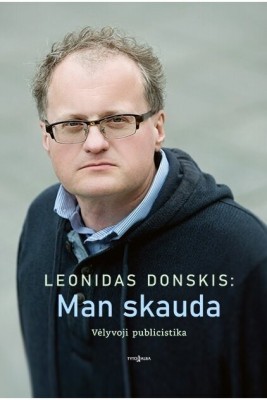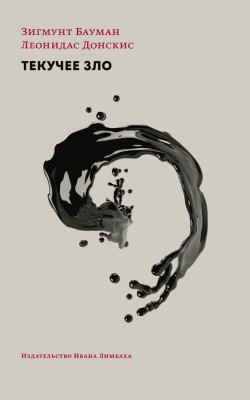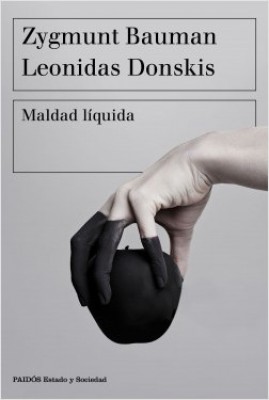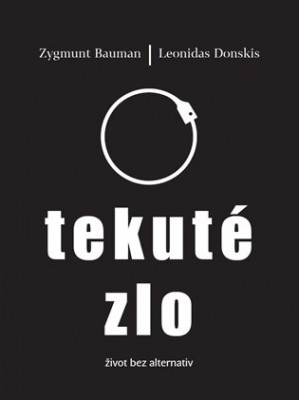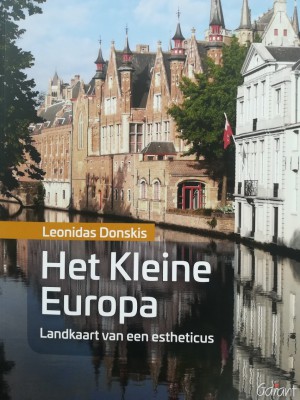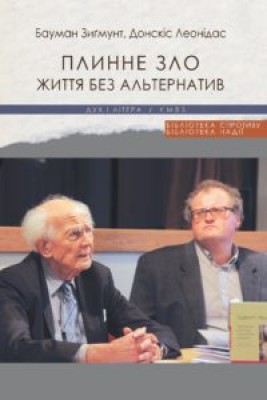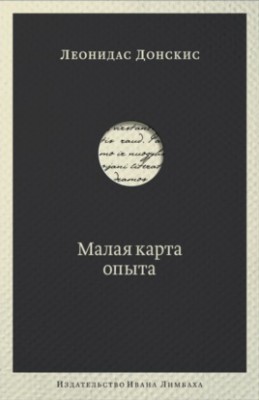The fate of the Russian language
Jokes are not terribly kind to the Russian language and its political reputation. One of them, for instance, deals with anticipations of the emergence of a new global lingua franca as the outcome of the rise of the economic and political power of a respective nation.It holds that while an optimist is still inclined to proceed with English and polishing all forms of its use for business and leisure, a pessimist works hard on his or her Russian. A realist, however, chooses neither. Instead, he or she opts for Mandarin Chinese. Curiously enough, the worst-case scenario comes straight out of the imagination of the Cold War era without giving much consideration as to whether the world, dominated by the Chinese or any other non-Western power emerging after a successful authoritarian modernisation, would be any better off and happier.
Another joke, immortalized by the humorist and author Leo Rosten, appears even harsher towards the Russian language. Having observed an old Jew sitting on a bench and studying, a KGB officer approaches him and asks what he is studying in such a painstaking fashion. “Hebrew,” the old man answers. “And why do you need it?” smiles the KGB guy. “You will not go to Israel without special permission, won’t you? Additionally, you are much too old to need a new language.” “That’s the whole point,” sighs the old Jew. “When I die, suppose I will go straight to Heaven and then I will badly need Hebrew.” “Yes, but what if you go straight to Hell?” asks the nosy KGB officer. “No problem,” smiles the Jew, “I already speak Russian fluently.”
For Lithuanians, Latvians and Estonians, whose histories and cultures had long been tied to Russia the Russian language does not appear as something that we can paint in black and white. Imperial languages do have their centers of gravity, as Lithuanian poet Tomas Venclova once noted. In the Baltic States, some of the most eminent thinkers and world-class scholars were native speakers of Russian. Along with Poles in Lithuania and Baltic Germans in Latvia and Estonia, Russian speakers make up an entire trajectory of culture in the Baltics. Riga alone was the birthplace of such great Russian speakers of the world as Isaiah Berlin, Sergei Eisenstein, Arkady Raikin and Mikhail Baryshnikov, just to name a few.
Adam Michnik, who cleverly depicts himself as an anti-communist Russophile (the vast majority of Eastern and Central European intellectuals could best be described as political Russophobes and cultural Russophiles), once confessed to me that he had long been a decent Polish patriot in the sense of disdain for the Russian language. Yet the critical moment came, according to Michnik, when he started reading Russian dissidents and found himself a brother-in-arms with Andrei Sakharov, Elena Bonner, Vladimir Bukovsky, Sergei Kovalev and all other great Soviet dissenters and human rights defenders. I remember how Michnik once described Russian as the language of courage and dissent.
Whereas the former Soviet Union that captivated much of Europe and Latin America with its ideological charms and powers of deception and seduction seems to have been a Shakespearean tragedy, present-day Russia appears as a farce. It is a mafia state and a banal kleptocracy rather than a former Jerusalem of the Proletariat or the proud heir of the Enlightenment project. The former Soviet Union was able to fool millions of ambitious and dissenting minds, while Vladimir Putin’s Russia is capable of attracting and corrupting only a European political Russophile of Gerhard Schroeder’s type or casting the spell on the far right – the new useful idiots of the Kremlin now appear to be the xenophobes, racists, antisemites and homophobes of Europe, such as Marine Le Pen and her ilk, instead of the folks of Lion Feuchtwanger or Jean-Paul Sartre’s cut.
All of these reflect the role of the Russian language. After the policy of intense Russification practiced in Czarist Russia, the Soviet Union stood much closer to the goal of the Sovietization of local elites and societies than to the objective of linguistic and cultural Russification. On the contrary, highbrow Russian culture – especially classical and modern literature, academic music, and independent film and theater directors – has always been an ally to the non-conformist parts of the local elites and Soviet republics in their intellectual and cultural resistance to the Soviet propaganda and ideological indoctrination.
In Putin’s Russia, the Russian language is increasingly seen as a tool of political domination over the former republics of the Soviet Union. Subsidizing Russian-language radio and television channels in what the Kremlin perceives as the “near abroad” and their influence zone as well as fuelling anti-democratic debates and anti-EU sentiment there does a disservice to Russia and its immortal culture in terms of promoting the Russian linguistic and cultural presence in the world.
The Russian language could have become a lingua franca of Eastern Europe. It failed irreversibly precisely because Putin and his regime stripped the political vocabulary of Russia of its potent moral imagination and alternative potential. What is left is not even the banality of evil practiced by the Kremlin with no impunity and in the moral and political void created by the West and its impotence – the West that attempts to reset relations with a regime hostile to every single political and moral sensitivity of the EU and the U.S. Instead, it is the evil of banality whose essence lies in exercising power for no meaningful reason and with no love for humanity.
And this sounds like funeral music for the role the Russian linguistic and cultural presence in the world played in the 20th century.
Leonidas Donskis, Ph.D., is a Lithuanian Member of the European Parliament.
© 2014 The Baltic times. All rights reserved.

